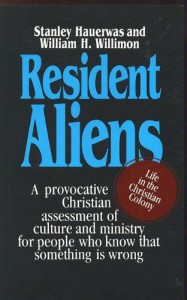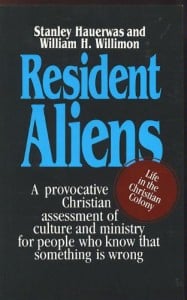 Pick up any popular-level article on college-age church attendance or attend any church growth webinar, and you’ll almost assuredly find some hip, church growth expert bemoaning the “church’s” failure to retain its young adults. With latte in hand, we’ll be instructed to go more casual, to be more “authentic,” to dalliance with a favorited fermented brew in order capture the “unchurched.” The “church,” we’re told, is at best inconsequential and at worst, unnoticing, of young adults and their true needs—what is often little more than a reflexive affirmation of college age immaturity and indecisiveness. I’ve read it, you’ve read it; let’s move on.
Pick up any popular-level article on college-age church attendance or attend any church growth webinar, and you’ll almost assuredly find some hip, church growth expert bemoaning the “church’s” failure to retain its young adults. With latte in hand, we’ll be instructed to go more casual, to be more “authentic,” to dalliance with a favorited fermented brew in order capture the “unchurched.” The “church,” we’re told, is at best inconsequential and at worst, unnoticing, of young adults and their true needs—what is often little more than a reflexive affirmation of college age immaturity and indecisiveness. I’ve read it, you’ve read it; let’s move on.
Login to read more
Sign in or create a free account to access Subscriber-only content.
Topics:
